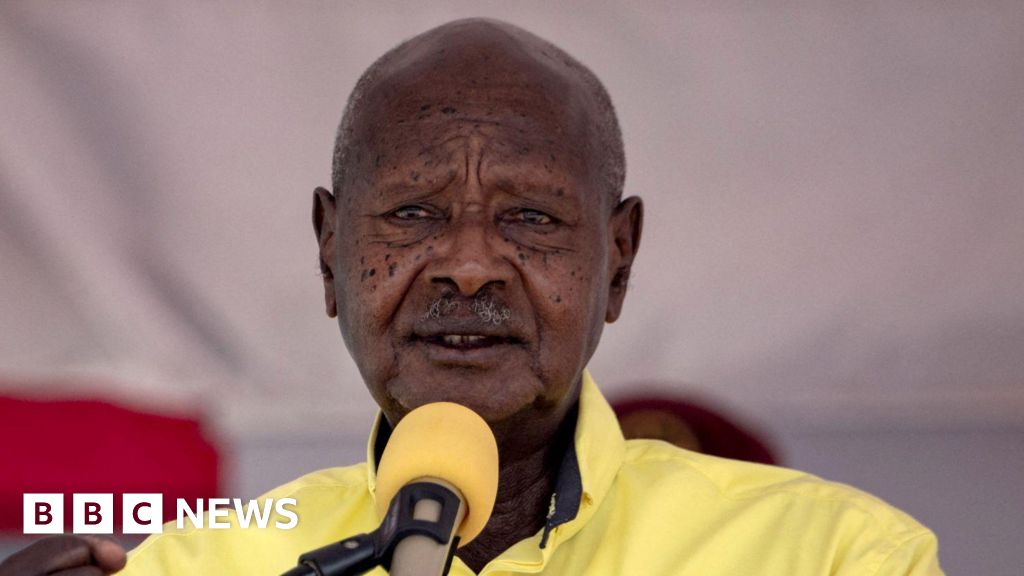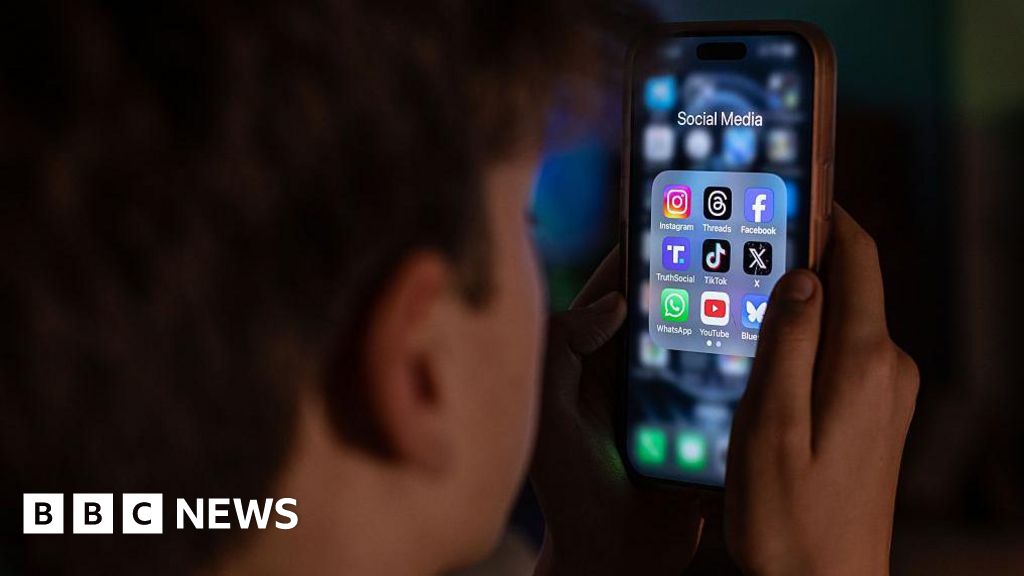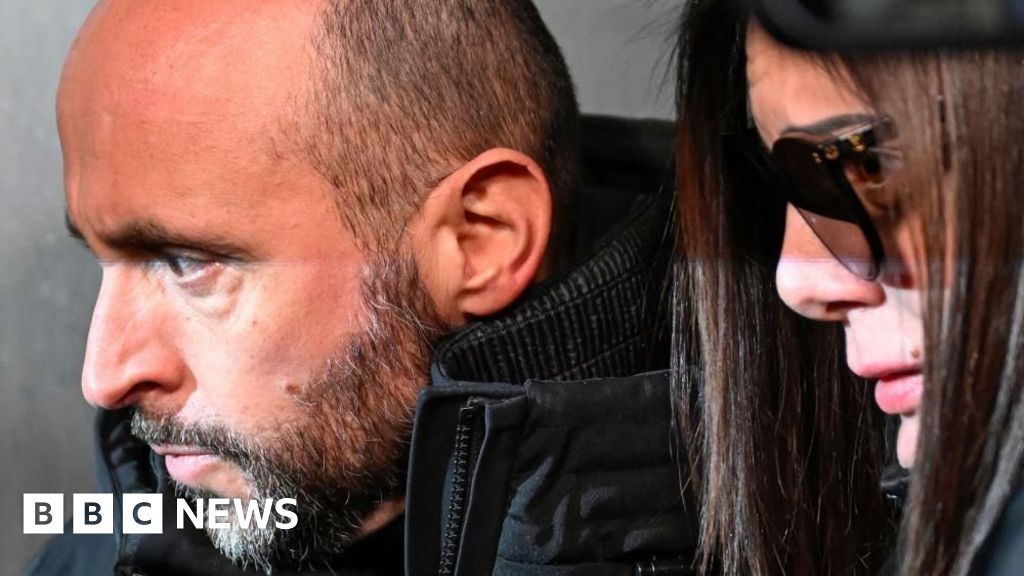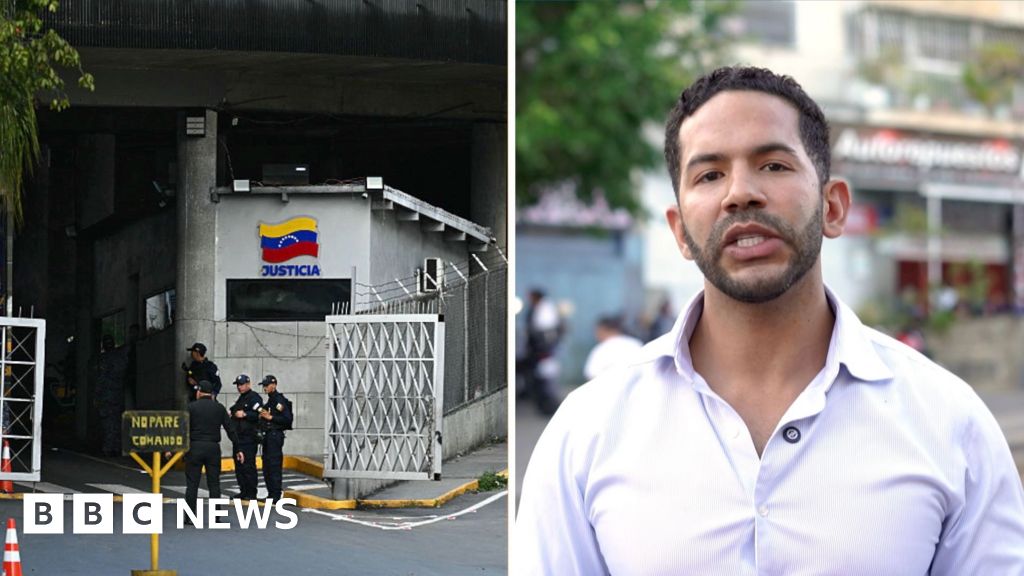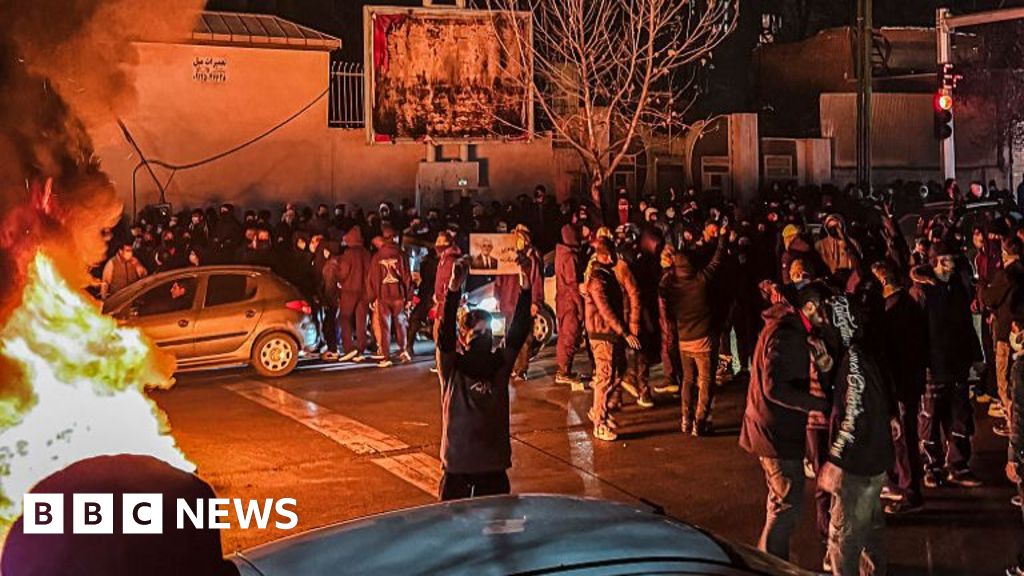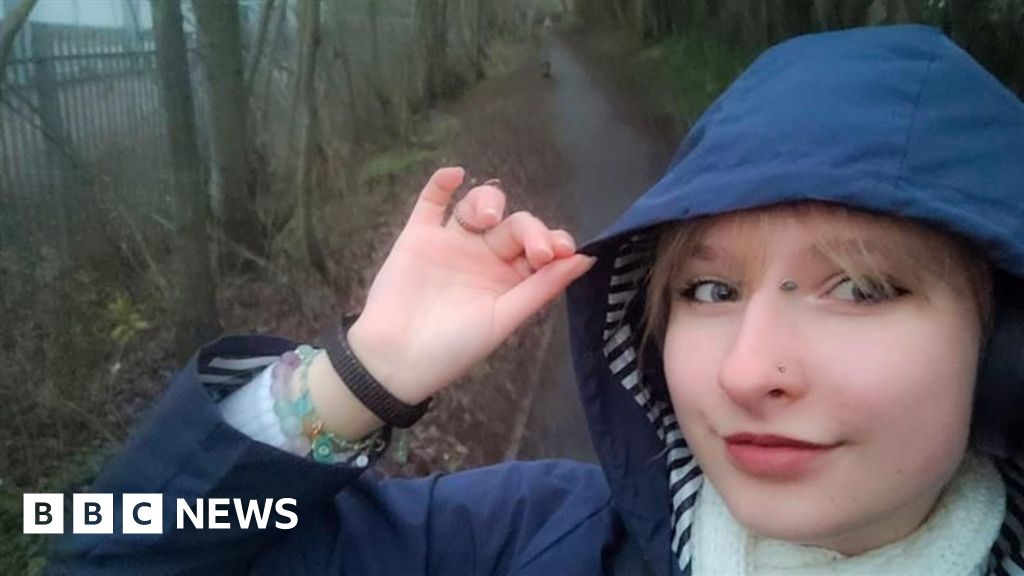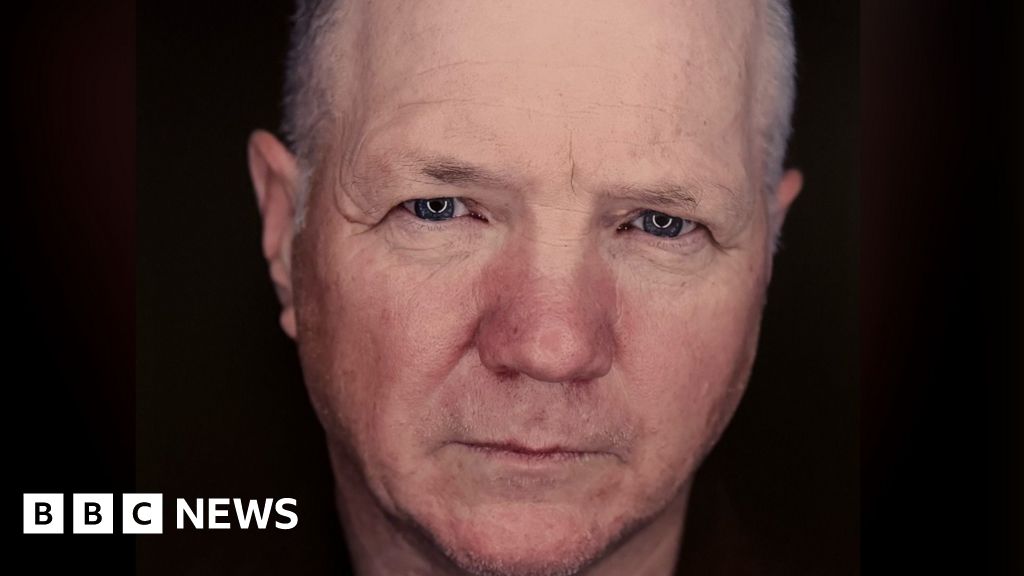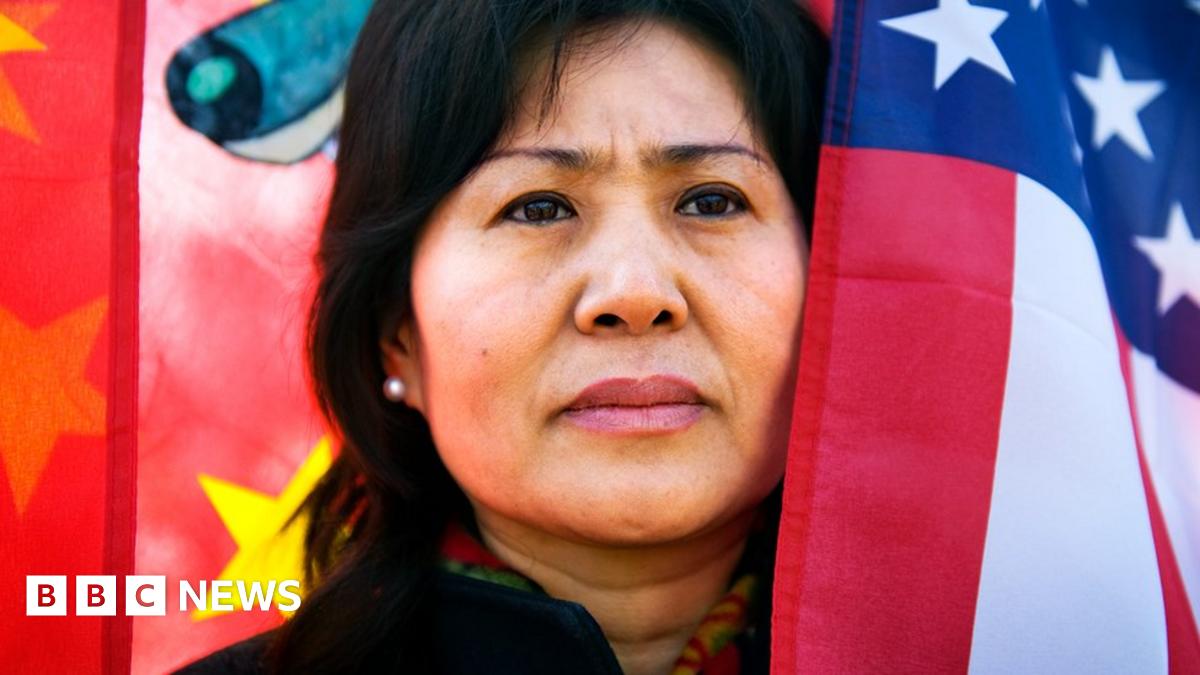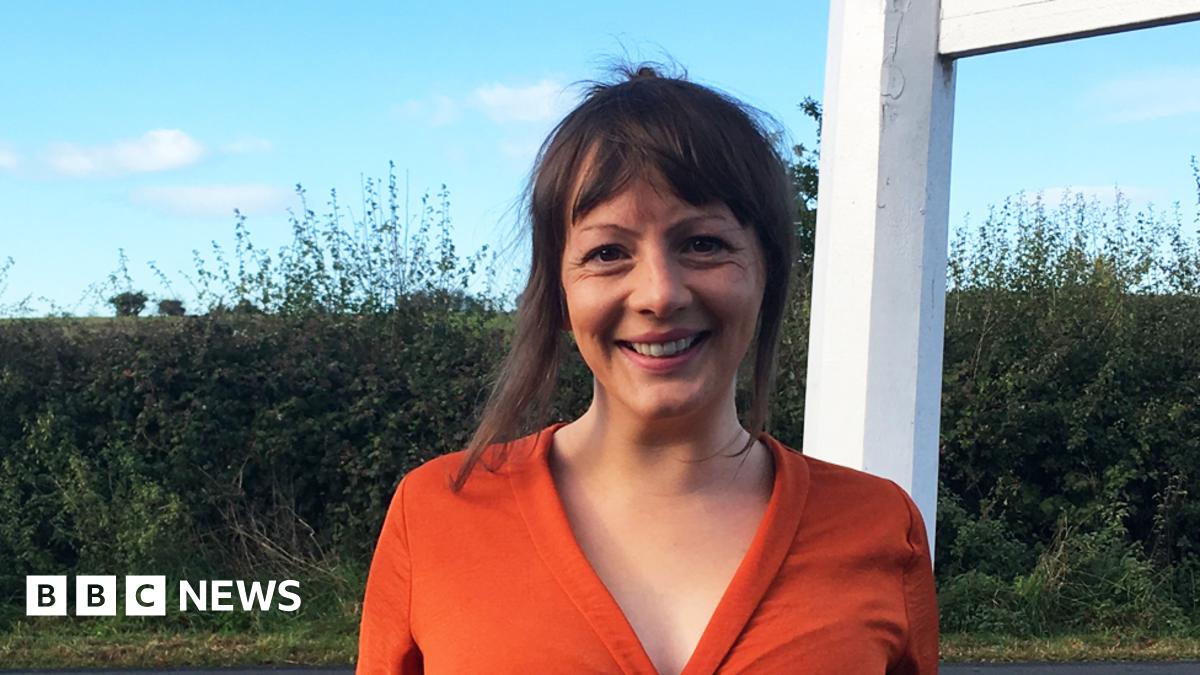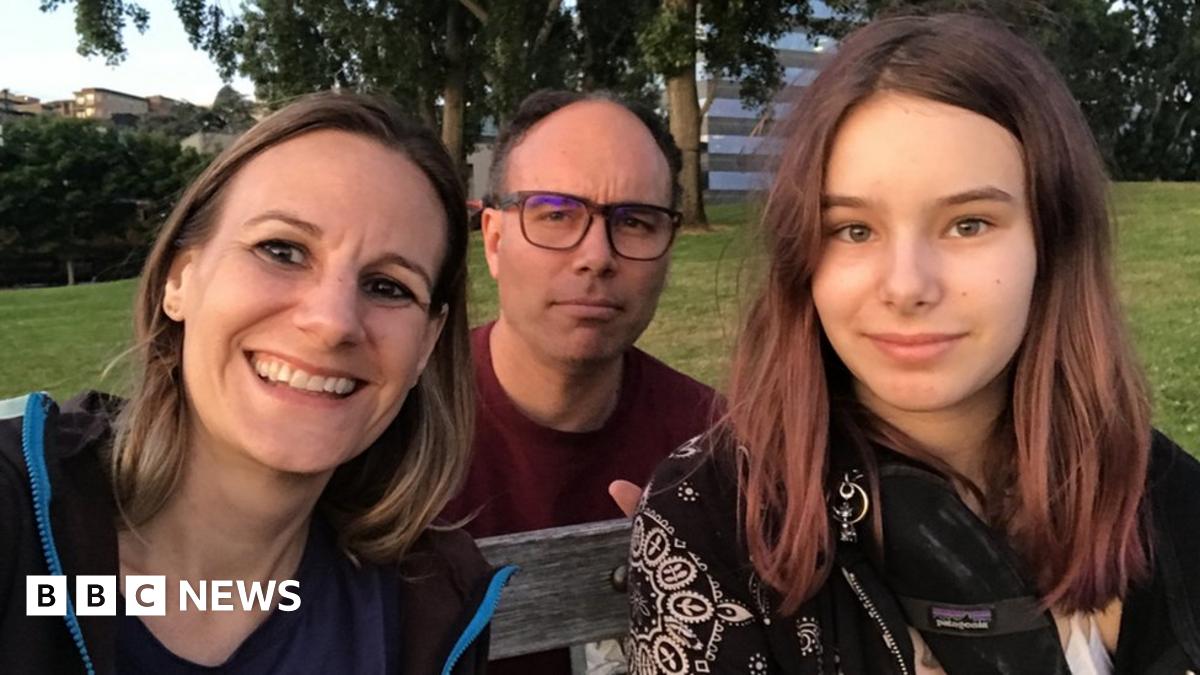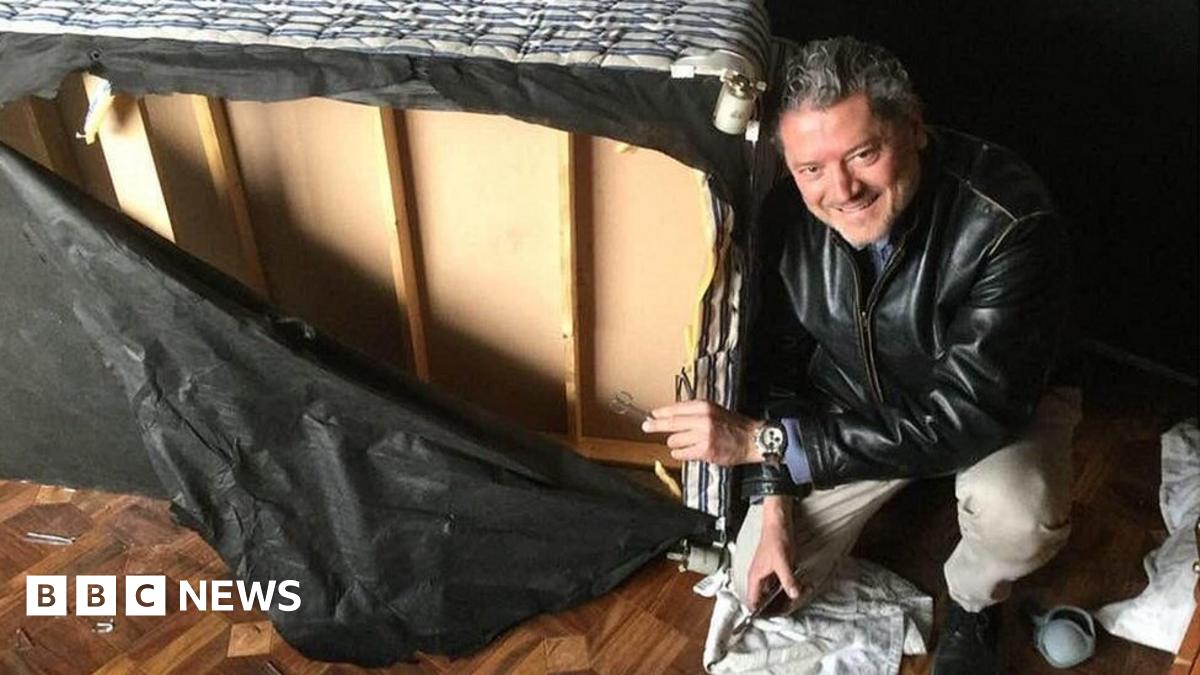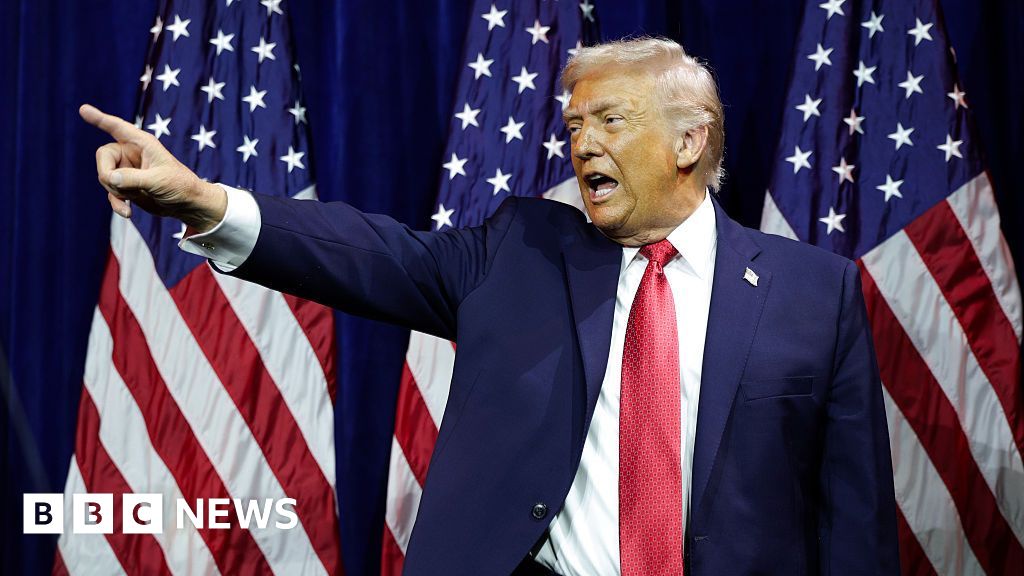Geng He has suffered persecution, surveillance and the break-up of her family, all simply because of the man she married. Her story reveals the dark side of China under its leader Xi Jinping, who has just secured a third term in office.
Geng He remembers exactly where she was when she became aware of the overwhelming power of the Chinese state: she was in a beauty salon in Beijing, where she’d taken her daughter, Grace, to have her hair cut.
Suddenly, dozens of people barged in and told the mother and daughter to go with them. It was the secret police.
At first, Geng He didn’t understand what was going on – or who the people were. She asked if they could finish the haircut first. No, came the reply. There were more officers in the street outside; others were waiting for them at their apartment block.
“I looked around and – wow – the first floor and then the second floor were crammed with people,” she told me.
The couple’s apartment was searched, and Geng He was told that her husband had been arrested while visiting his sister in Shandong province, a few hours south of the capital.
It was 2006 and the beginning of the end of their life as a family.
Geng He’s husband, Gao Zhisheng, was a lawyer. He had once been feted by the communist government, but then he started defending people the authorities didn’t want defending.
These included followers of the banned spiritual movement, Falun Gong, Chinese Christians accused of unauthorised preaching, and people fighting land seizures by local officials.
After his arrest, he spent the next few years either in jail – accused of inciting subversion – or under house arrest.
For the home detention, officers built a special police station in the couple’s apartment block so they could more easily monitor them 24 hours a day.
“Occasionally, I’d open the curtains just to see how many police cars there were below,” said Geng He, and my husband would shout back: ‘What are you doing? Why give them the satisfaction of looking at them?'”
The situation became increasingly intolerable. The authorities forced the couple to move, and then they had trouble finding a school willing to accept Grace.
It eventually forced Geng He to face a terrible choice – stay, or escape China with Grace, 16 by then, and her five-year-old son Peter. This would mean leaving her husband behind.
“I felt bad because I had to choose between my husband and my children – and I chose my children,” she said, unable to contain her tears.
The three of them fled in 2009 with the help of human rights activists. Geng He and her husband had already agreed that they should try to escape, but the departure was so hurried that they left without telling him.
Geng He didn’t want to reveal the details of their journey to freedom because it could compromise others who may need to take the same route. But it included a period spent in the luggage hold of a bus.
Eventually, they were smuggled out of China and into Thailand, from where the United States agreed to give them asylum.
Life in the US was initially tough. Geng He struggled – and still struggles – with a different language. She worried constantly about her children.
Understandably, they found it hard without their father. Grace has had hospital treatment for mental health issues.
But 13 years on, the children have finally come to terms with their past and built their own lives in America. Grace, now 28, has just got married and Peter, 19, has been accepted to study medicine at university. “He’s optimistic and happy every day. He studies and has a small job. It’s all quite promising,” said his proud mother.
But Gao Zhisheng himself has suffered terribly since his family escaped to the US. In and out of prison, he says he has been tortured. When he finished his sentence in 2014, his physical and mental health was poor. Many of his teeth were so loose, you could pull them out by hand.



